I don’t remember the first time my father hit my mother. But I often remember my brother’s hands muzzling my mouth shut whilst my screaming the words ‘leave my mummy alone’ would ease its way through the spaces between his fingers. Like that Saturday morning when my sister’s friend and I were doing jumping jacks to a Jane Fonda workout video and we all heard a rumble upstairs. Too embarrassed to attend to it, we kept jumping. Too loud to ignore, we ran. Many blows to the stomach later, I saw my mother vomit and excrete concurrently. I screamed again. Like that day I got back from school and watched her tumbling down the stairwell. I would scream again, like I did many times before and I did many times after.
But there were also times when I couldn’t scream or didn’t know how. Like when a relative would place his hands between my legs and pinch my pre-pubescent nipples, he would squeeze them like stress balls. Too little to find a name for the thing that was happening to me, I would allow my throat to wire itself shut. Or that time in my early twenties after a friend’s birthday party when I was too dizzy to push off the hushed grunt that laid on top of me because my inebriated body had betrayed me, my head shaking in defiance. Wondering how I got here, I could not remember how to scream.
I have always lived with my body feeling like a terror onto itself. For many years it was for me a place uninhabitable. As a child I learned to wear faces that taught me to navigate through a kaleidoscope of unsafety; the father, the uncle, the schoolteacher, the police, the boss, the friend, even myself.
So when I was asked to write this essay about my feminism, I pined about what anecdotes to share, how smart I needed to sound, how learned, how knowledgeable, how eloquent. I thought maybe I would start with the first time I heard the word feminism during my sociology class at A ‘level. That moment where Elizabeth Donnalyn had given me a name for why I screamed so much, why my voice was always the loudest in the room.
She had taught me about the suffragettes and then the different waves and movements. So perhaps I would move on to when I realized how Eurocentric my feminism was, or how I grew to become more intersectional. Maybe I would write about the need to disrupt gender norms and teaching ourselves to think critically about a world that exists beyond binaries but Keside had already done that beautifully.
I thought I would need to write about a feminism that creates space for us to have choices, likening it to a home where we each find a room that makes us feel comfortable without force or prescription. Or coming to the realization that women are also custodians of misogynist traditions and how important it is to always be aware of our privilege. I had thought about how to meander between contextualizing and living and laughing through everyday sexism. How we needed to re-write ourselves back into the history books.
But the honest truth is that my feminism has always been primal. It has always been about how to stop myself from drowning even when life is constantly throwing itself like an anchor on my body and the bodies of every other woman I know even when they do not know it. My feminism has been teaching me about self-preservation and about generosity; that when my spit starts to curdle, my tongue becomes salty, my throat buries all the words that can keep me afloat and I am unable to scream for myself, that I must fight to scream for somebody else. It is also teaching me to listen. To not turn every conversation into a sort of trauma Olympics where we sprint to be awarded the gold medal that validates our pain.
My feminism was a child watching her mother wake up from the dead, watching her fight in a courtroom for over sixteen years for the right to a home that I could one day inherit. It is me and my mother exchanging silence at the dining table, learning to reclaim our bodies and hoping that my own children and her grandchildren will never have to purchase extra faces to traverse through worlds of unsafety, or scream so loudly or even scream at all.
Vanessa Kisuule says in her poem “Take Up Space” that “we are walking pillars of defiance in every exhale of breath and a sured step of foot.” She says the revolution starts small, at our dinning tables, the newsagents, the Friday nightclub queue and our mirror reflections.
There is a family portrait that lines the wall of the same stairwell where I once saw my mother rolling down like tumbleweed. I once took it off, but she put it back. She said she didn’t want people to say that we were fathered by different men. I understood that moment that sometimes feminism can also be complicated and everyone has a fighting threshold.
My feminism is a reminder that it is alright to scream till my voice fills every ounce of air in the room that I find freedom inside of myself, that I am alive because waking up every morning and getting on with this business of living can feel like an act of defiance.
So the thing is, I don’t remember when and how I became a feminist, in the same way I don’t remember the first time my father hit my mother, or the first time my uncle placed his fingers between my legs. But what I know is that my feminism is my resistance, and I have never stopped screaming.
*Click HERE to learn more about the #MyFeminism essay series. If you enjoyed this essay, stop by on Friday December 9 to read Ainehi Edoro’s contribution to the conversation.
Read the first essay in the series—“Complicating the Significance of Gender” by Keside Anosike—HERE.
Read the second essay in the series—“The Unwomanly Feminist” by Pearl Osibu—HERE.
Read the third essay in the series— “On the Necessity of Men” by Kola Tubosun—HERE.
**********
About the Author:
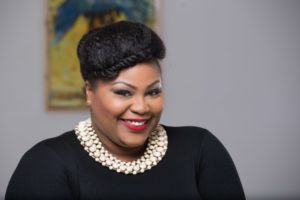 Wana Udobang is a multimedia journalist, writer, poet, performer, curator, filmmaker, and part time model obsessed with art, both creative as well as performance, and general lover of pretty things. She is a multi disciplinary artist. The themes in her work cover personal stories, women’s rights and socio-cultural realities.
Wana Udobang is a multimedia journalist, writer, poet, performer, curator, filmmaker, and part time model obsessed with art, both creative as well as performance, and general lover of pretty things. She is a multi disciplinary artist. The themes in her work cover personal stories, women’s rights and socio-cultural realities.


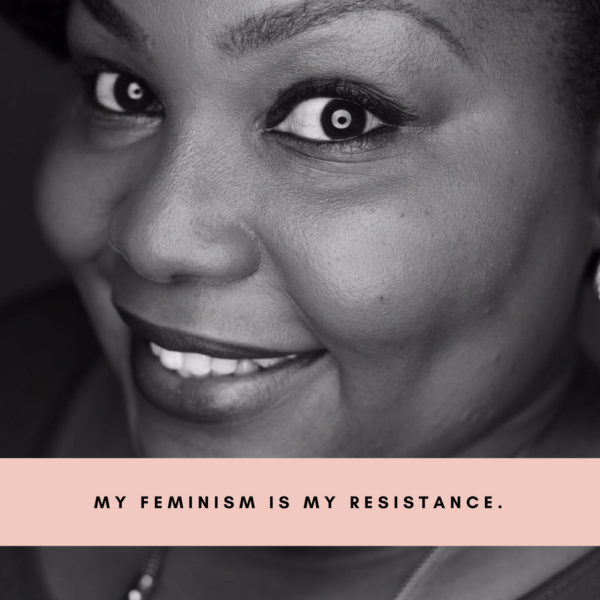

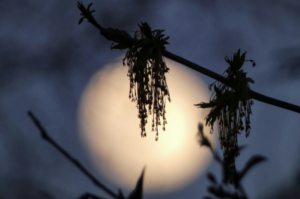
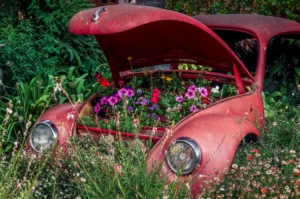
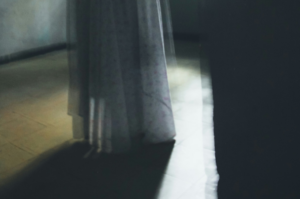



Natasha Nsemiwe February 07, 2023 04:29
Raw, profound and insightful. This is one of the best essays I have read in a while. Thank you for sharing.